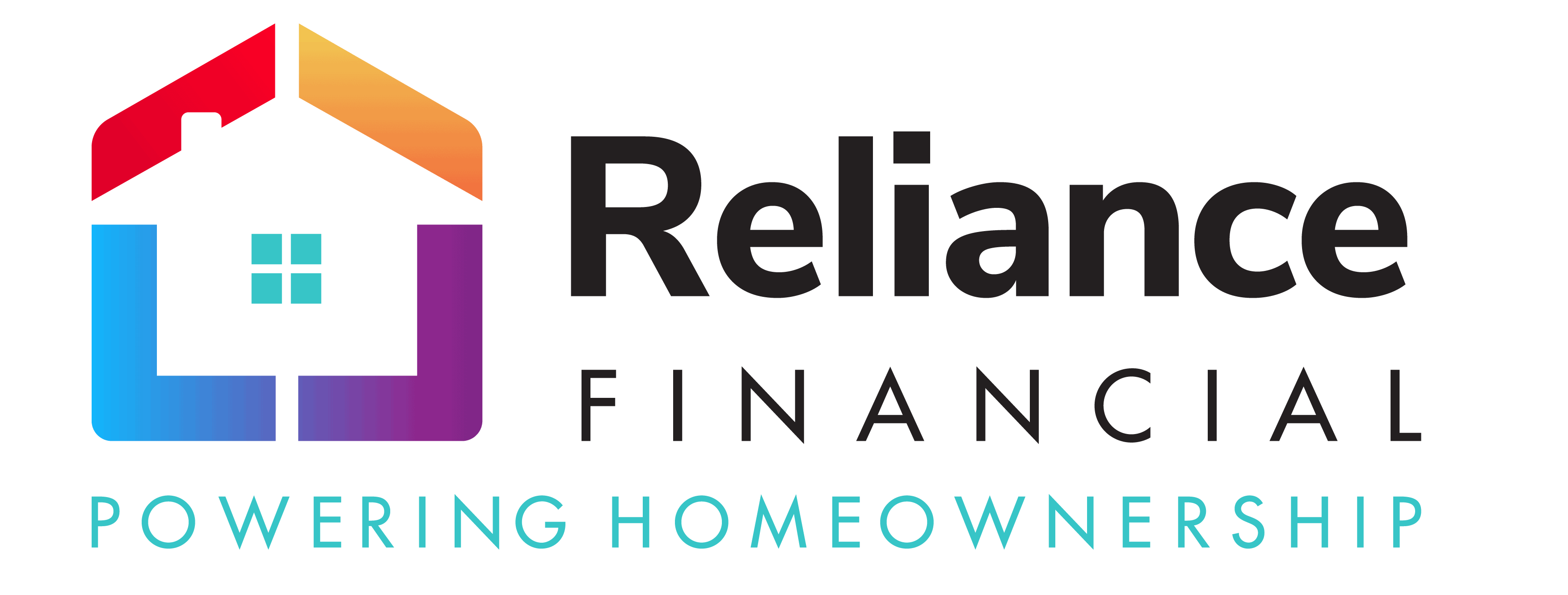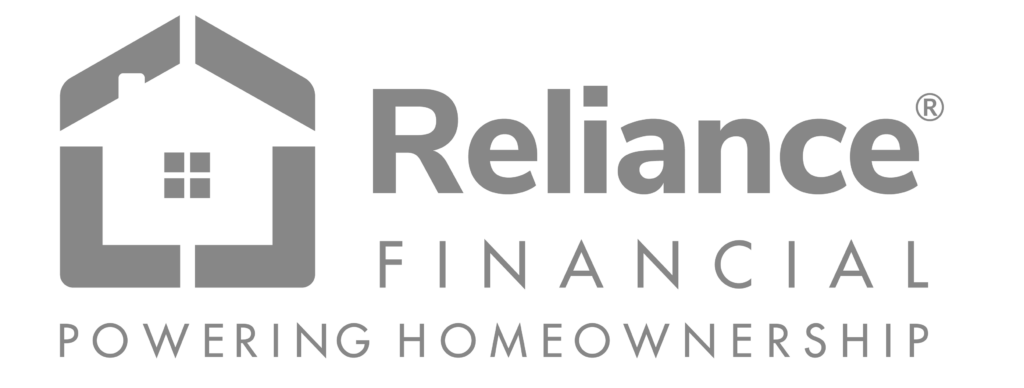The Sunshine State attracts a diverse group of people, including young families, partygoers, retirees, nature enthusiasts, and visitors. If you are also attracted to this state and are looking to buy a home, you will find that Current Mortgage Rates in Florida are around the national average. In addition, only one Florida county (Monroe County loan limits for 2022 for single-unit properties is $710,700) has a conforming loan limit higher than the national average of $647,200. In other words, Monroe county has a more expensive real estate market.
Calculate Mortgage Interest Rates For Florida Using Mortgage Calculator
Florida has the third-largest demographic of the 50 U.S. states with a population of 22 million and correspondingly huge real estate and mortgage markets.
Tips from Reliance Financial
Reliance Financial in Florida can assist you with your home-financing needs with personalized guidance, out-of-box mortgage solutions and options for all types of borrowers, and tailored advice to fit the specific requirements of home buyers and homeowners. You should keep a few things in mind when applying for a house loan.
As a home buyer getting the best deal is important to you. You need to be mindful that state-by-state differences in loan options and mortgage rates exist. Getting pre-qualified with a licensed Florida mortgage company allows you to get an important financial head-start in your home buying journey. Knowing how much you can afford is the key first step before you locate your dream home.
You can check Florida rates daily to ensure that you are getting the best deal. To get your customized rate simply fill out your information at rate quote form. Tailored rates quotes will be provided to you based on your specific situation, whether you are looking to buy a home or refinance your existing mortgage to cash out, lower your payments, or consolidate other high-interest rate debts.
Many mortgage lenders will ask for an appraisal as part of the lending process to assure the fair market value of your property. On a purchase transaction, it ensures you are not spending more for a residence than it’s worth. On a refinance deal, the appraisal can give you an option of cashing out if your home’s value has risen since you purchased the home. The value of a home fluctuates based on supply and demand constraints, buyer interest, local market conditions, and the overall economy. Home values typically increase over time.
What Are the Current Mortgage Rates in Florida?
These Mortgage Rates in Florida are as of November 26, 2025.
- The 30-year fixed mortgage rate in Florida is about 5.99%.
- 15-year fixed mortgage rates are fixed at 5.50%.
- Adjustable mortgage rates are around 5.875% in Florida.
Source: Zillow
Florida Housing Market Context
- The median home sales price was listed at US$403,000.
- The median home value was around US $386,774.
- Recent data suggest that many homes in Florida are staying on the market longer.
Source: Bankrate
What Form of Financing Is Best for You:
You should always search for the lowest mortgage interest rates when financing your home purchase. Your rate varies depending on the type of mortgage you get.
1 Conventional Mortgage
A conventional mortgage is any house loan that is not secured by a government entity. This type of loan has more rigorous requirements than other mortgages, such as a solid credit score, stable employment, managed debt, and the required asset reserves. As a reward, conventional mortgages have the lowest mortgage rates and better term options.
2 ARM Loan Rates
An adjustable-rate mortgage or ARM comes with interest rates that change at a predetermined interval. It starts with an introductory interest rate typically lower than those on 30-year fixed-rate loans. Depending on the loan terms, the initial rate will last for one, three, five, seven, or ten years. The most common ARM loans come with an initial fixed term of 5 or 7 years. ARM rates tend to be historically lower than the longer-term fixed rates. We recommend with your mortgage lender on the interest rate options on an ARM loan.
3 FHA Loans
The credit score and down payment requirements for Federal Housing Administration (FHA) loans are generally less strict. You can qualify for a mortgage with a credit score of less than 600. In comparison, conventional loans require a minimum credit score of 620. Also, you can purchase a home with an FHA loan with as little as a 3.50 percent down payment. Homeownership becomes more accessible to borrowers as a result of this. On the other hand, FHA loans can have a higher rate of interest than traditional financing and require a one-time upfront mortgage insurance premium (UPFMIP) as well as ongoing private mortgage insurance (PMI).
4 Veterans Affairs (V.A.) Loans
Active-duty troops and veterans can apply for Department of Veterans Affairs (V.A.) loans. These loans have even better conditions for those who qualify, including the possibility to incorporate your closing fees into the mortgage, zero downpayments, and the V.A. funding fee waived for those who receive disability income. Rates on V.A. loans tend to be even lower than conventional rate mortgages and thus the best option for those who have served our nation with honor.
5 Jumbo Loan Rates
Home loans above the high balance conforming loan limit are known as non-conforming or jumbo loans. You could borrow up to $2 million to purchase a new home or refinance an existing residence. Jumbo loans can come with higher interest rates because these are riskier for lenders.
6 USDA Mortgages
In some rural locations, the U.S. Department Of Agriculture offers loans to homeowners. These can also be funded with no money down and other advantageous terms.
Also Check: Mortgage Companies In Fort Lauderdale Florida
Mortgage Taxes in Florida
We highly recommend that you seek the guidance of your tax advisor and real estate attorney for all property transfer taxes and general tax-related questions.
One of the most well-known tax deductions in the nation is the mortgage interest deduction. When you submit your federal income taxes, you can deduct mortgage interest paid during the tax year from your tax liability. However, this deduction comes with limits. This tax benefit is available on mortgage loan values up to $750,000 for married people filing jointly and $375,000 for those filing as individuals.
There are other home loan taxes in Florida that you should be aware of:
- When preparing documents to hand over the ownership of the real estate, you must pay a transfer tax. This tax is $0.70 per $100 of the property’s purchase price. These rates are only for single-family homes. There is an extra surtax of $0.45 per $100 if you sell a property that is not a single-family home. In Florida, it is usual for the seller to pay the transfer taxes and fees.
- You’ll also have to pay a mortgage tax of $0.35 per $100 of your mortgage in Florida. In addition, mortgages, liens, and other borrowing documents are subject to a “documentary stamp tax.” In Florida, the buyer is usually accountable for this tax.
- The Florida Housing Mortgage Credit Certification Program (HMCC) may be able to provide you with a tax break for being a homeowner. The program allows first-time homebuyers to claim up to 50% of their paid mortgage interest as a tax credit on their federal income tax return, allowing them to save money on their taxes. The benefit is restricted to $2,000 annually.
Remember that tax credits directly reduce your tax liability, while tax deductions impact your taxable income.
Don’t Forget to Check: Best Mortgage Lenders in Florida
To Summarize
We understand there are many Florida mortgage loan providers to select from. It can be a headache, especially for a first-time home buyer to select which loan provider has the lowest rate and fees to offer you. That is why it is critical to conduct research and choose the option that best matches your requirements. Our Reliance Financial Mortgage Advisory team provides you with personalized guidance based on your specific situation. In addition, we provide you with online resources, instant pre-qualification, mortgage calculators, various loan options, and information required to assist you in understanding the home purchase process from start to finish.
Whether you’re purchasing a home or refinancing your current one. A Reliance Financial residential mortgage advisor will assess your situation to provide you with extensive information and financial advice.
People Also Ask about Mortgage Rates in Florida
Q1: What is the formula for calculating a mortgage payment?
Using our simple mortgage calculator, you can calculate your mortgage payment by visiting: https://reliancefinancial.com/mortgage-calculator/. Then evaluate how much you could save on a 15-year against a 30-year mortgage in terms of interest savings.
Q2: What are the best ways for me to save the maximum amount on my home?
Most people only consider discussing the home’s price with their real estate agent. However, the mortgage is where they have more chances to save money. By refinancing, a $250,000 mortgage for 15 years rather than 30 years, you may save some money in interest over the term of the loan. If you combine that with bi-weekly payments, you may be able to save even more money on your mortgage.
Q3: What would be my interest rate if I were to borrow money?
Many factors influence your mortgage interest rate. It includes your loan program type, your current credit rating, the down payment, the term of the loan, and the amount financed. To provide you with your customized rate, visit https://reliancefinancial.com/ratequoteform/.
Q4: What are the current Mortgage Rates in Florida?
Mortgage rates in Florida keep changing based on:
- Market conditions
- Lender policies
- Borrower qualifications
Q5: What factors affect Mortgage Rates in Florida?
These are the factors that affect a mortgage rates in Florida:
- Credit score
- Loan type
- Down payment amount
- Loan term
- Local housing market conditions
- Overall economic climate
Q6: How can I get the lowest mortgage rate in Florida?
Here’s how you secure the best rates:
- Improve your credit score
- Increase your down payment
- Compare offers from multiple lenders
- Consider shorter loan terms
- Shop during periods of rate stability
Q7: How often do Mortgage Rates in Florida change?
Mortgage rates can change daily in Florida. They may even change multiple times a single day. This is based on economic news in Florida.
Q8: Do vacation homes have higher Mortgage Rates in Florida?
Yes. Mortgage rates for vacation homes can be higher in Florida. They may be less than primary residence rates.
Most searched terms
Mortgage rates Florida | Home Loan Rates In Florida | Mortgage loan rates Florida | Mortgage rates in Florida | Average mortgage rate Florida | Lowest Mortgage rate Florida








